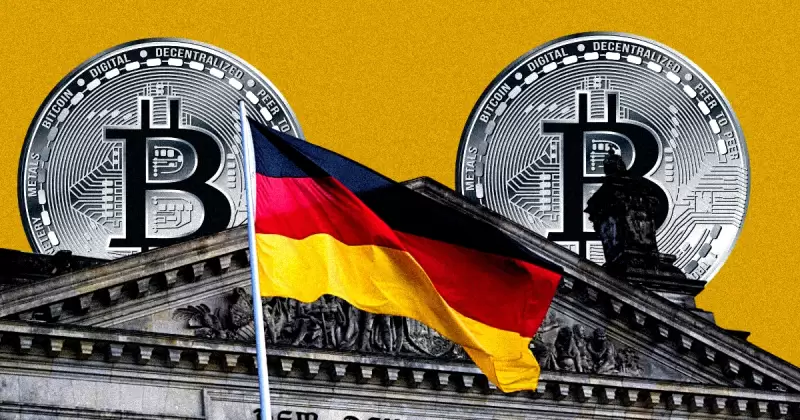Friedrich Merz, the prime candidate of the center-right Christian Democratic Union (CDU), is about to step into the spotlight as the incoming chancellor who, in one of the most important federal elections in Germany's history, has significantly shifted the political fights there.

Friedrich Merz, the prime candidate of the center-right Christian Democratic Union (CDU), is set to become the next chancellor of Germany following a surprise federal election that shifted the political landscape.
The snap election, held six months early, was triggered by the failure of Olaf Scholz's coalition government to pass legislation effectively. Merz is not the clear favorite to win the chancellorship, and his four years in office will be fraught with challenges.
The election results are the most representative of a fractured political landscape. The CDU emerged as the largest party but fell short of an absolute majority in the Bundestag. The party will now have to form a coalition government, likely with either the Green Party or the Social Democrats (SPD). Protracted negotiations are expected, with Scholz remaining as caretaker chancellor until a new government is formed. The outcome will shape German domestic politics and Europe for years to come.
The economy was the central issue in the election campaign, with Germany facing a second year of contraction. The downturn is driven by high energy costs, outdated industrial concepts, and a slowdown in digitalization. The CDU wants to cut corporate taxes and deregulate the economy to spur growth, while its potential partners will push for increased public investment in infrastructure and technology. Resolving these tensions will be critical to Germany's economic recovery.
Immigration was another hot-button topic in the election campaign, with the far-right Alternative for Germany (AfD) capitalizing on public discontent with refugee policies to secure its highest-ever vote share. While such an approach is out of the question for Merz, there may still be internal pressures that could complicate his governance. The debate over issues like the cultural integration of diverse groups and social spending will reflect these fault lines.
Merz's hopes are also pinned on the broader European Union, where Germany's role as a leading power has been intertwined with internal concerns and geopolitical shifts. Merz has argued for the need for a more capable European Union, especially in defense and technology. However, this will entail navigating the complex tapestry of nation-state relations, particularly with France, Poland, and other EU members.
The election will also shape Germany's stance on global issues like climate change and Ukraine. The Greens and SPD, potential coalition partners, are calling for ambitious climate policies and strong support for Ukraine against Russia. Balancing these priorities with the CDU's focus on fiscal conservatism will be a key test of Merz's leadership.
As coalition talks begin, Germany faces an uncertain political future. Establishing a stable government capable of addressing economic challenges, managing migration, and leading Europe will be paramount. Merz's success will now hinge on his ability to navigate a volatile and deeply divided political landscape.















































































